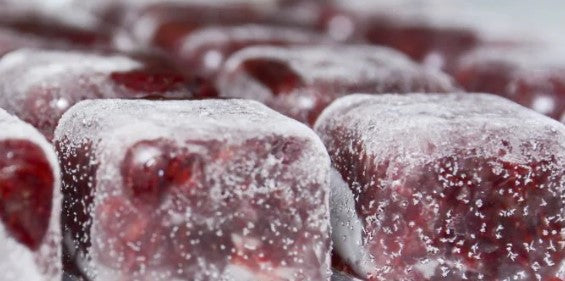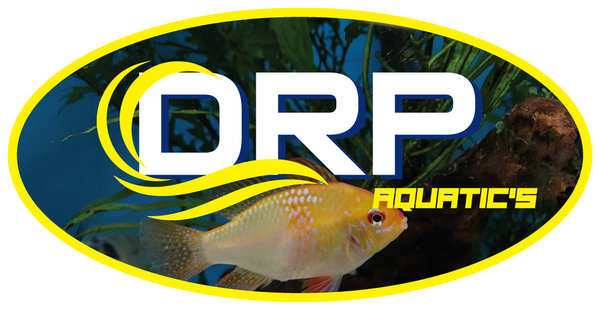
Disadvantages of feeding frozen foods to tropical fish
Share
Feeding frozen foods to tropical fish can offer a more convenient and safer alternative to live foods, but there are several disadvantages to consider:
- Potential Nutrient Loss
- Degradation During Freezing: The freezing process can cause some loss of essential nutrients, such as vitamins. Over time, frozen foods may lose more of their nutritional value, especially if they are stored for too long or improperly.
- Less Nutritionally Complete: Depending on the type of frozen food, it may not provide a balanced diet for fish, requiring supplementation with other food types like flakes or pellets.
- Thawing and Handling Issues
- Contamination Risk: Improper thawing or mishandling of frozen food can introduce bacteria or contaminants to the aquarium. Thawing food in contaminated water, such as tap water with high chlorine content, can also negatively affect the food quality.
- Spoilage Risk: Once thawed, frozen food spoils quickly, so it must be used immediately to avoid feeding spoiled or contaminated food to your fish.
- Water Pollution
- Polluting the Water: Frozen foods, especially when not fully thawed, can release small particles and organic material that can pollute the aquarium water. This can lead to increased ammonia and nitrate levels, causing poor water quality if not managed properly.
- Overfeeding Risks: It’s easy to overfeed frozen foods, as they can appear smaller in their frozen state than after thawing. Excess food can rot in the tank, contributing to water quality problems.
- Freezer Burn and Storage Concerns
- Freezer Burn: If stored for long periods or not properly sealed, frozen food can develop freezer burn, which reduces its nutritional quality and palatability for fish.
- Storage Space: Frozen fish food requires space in your freezer, which can be an inconvenience if you have limited space or other frozen items.
- Cost and Availability
- More Expensive Than Some Alternatives: Frozen foods are typically more expensive than dry foods like flakes or pellets. Regular use can add to the cost of fishkeeping, especially if you have a large tank or many fish.
- Limited Availability: Some specialized frozen foods may not be readily available at all pet stores, depending on your location. This may require you to order them online or store large quantities at home.
- Fish Preference
- Less Stimulating: Frozen foods lack the movement of live foods, which can stimulate a fish's natural hunting instincts. Some fish may not show as much interest in frozen food compared to live prey, making feeding less engaging.
- Dependency on Freezing and Electricity: If there is a power outage, stored frozen food can thaw and spoil quickly, leaving you without a food source for your fish.
- Handling and Hygiene
- Handling Issues: Frozen food must be handled with care to prevent cross-contamination. It can be messy to prepare, especially when thawing, and can require extra care to ensure it’s not contaminated by household items in the freezer.
- Hygiene Risk for Humans: Handling frozen food without proper hygiene can expose humans to harmful bacteria. Washing hands thoroughly after handling is essential to prevent health issues.
While frozen foods can be a healthy and convenient option for feeding tropical fish, they require proper storage, handling, and attention to ensure the health of both the fish and the tank environment. A better alternative is to feed a complete variable diet of granular or flake food thereby reducing the risk of disease.
